Music distribution is the ultimate link between your song and your target audience. Therefore, it is a prominent part of music promotion. The new age of music recommends record labels and independent singers to launch their music via music distribution companies to reach out to a wider audience. In fact, as per Digital Market Outlook, the estimated revenue in the global Music Downloads segment in 2025 will be approximately 1.436,7 million U.S. dollars.
Clearly, digital music distribution has taken all the focus on itself. Thus, it is essential for a budding or existing artist to use the digital platform to reach a wider audience. Here, a music distribution company will help you enhance your visibility. It distributes your music to successful online streaming platforms that easily help you top the charts—leading to higher popularity and even higher revenue.
How Does Music Distribution Work at the Present?
The budding or existing artists and bands release songs with the help of music distribution platforms, who further ensure that they are available to millions of users via various streaming portals. Earlier, the artists and bands were promoted extensively across all platforms without any guarantee of success. However, with music distribution companies, the success of the release is their responsibility. They will be in charge of the songs from the beginning until the release, and this also includes the promotion of songs.
The music publisher collects the entire amount on behalf of songwriters and provides security and patents for their work. The distributor also collects the share for labels and independent artists who deliver music to the online streaming portals. This includes collecting all royalties generated via the prime sales of music via online streaming platforms or the income generated via offline sales.
Popular streaming platforms such as Apple Music, Spotify, Wynk, Hungama, and JioSaavn do not allow direct upload of music, and here, a music distribution company comes into the picture. Clearly, the music distributor works as a bridge between the label/artist and online and offline platforms.
How Does Music Distribution Work for Different Types of Artists?
Independent Artists
Independent artists often do not have the same resources as those signed to major labels. Music distribution companies provide them with the necessary infrastructure to distribute their music effectively. This includes getting their tracks onto major streaming platforms, managing royalties, and handling promotional activities.
Signed Artists
For artists signed to a label, the process is more streamlined as the label often has established relationships with music distribution companies. These companies take care of the logistical aspects, allowing the artist to focus on creating music.
Bands
Bands face unique challenges in music distribution, especially when coordinating releases across multiple members. Distribution companies assist bands in managing these complexities, ensuring that their music reaches the intended audience seamlessly.
Future of Music Distribution
There is a major role for music distributors in this digital age and will continue to be even in the face of radical industry changes. After all, not every record label and artist wants to take the responsibility of distributing their work or are aware of the know-how. Due to this, a music distributor is required to work closely with record labels to help the music reach the right set of audiences.
While a few retail stores are still selling physical album copies, digital music is the future of the music industry. The marketing and promotional activities are also moving to social media platforms. Influencer marketing is becoming a big hit in the music industry—music distribution companies are reaching out to social media influencers to create Instagram reels and YouTube shorts using their music, to make it trending among the target audience.
No doubt, digital music is evolving with time, and this reshaping is giving a new face to the music industry that is bound to grow. As artists are discovering ways to release their music independently, the need for distribution will likely develop.
How to Select the Best Music Distributor?
There are various distributors online and offline; however, it is not easy to find out the best distributor. A major factor is to consider how the distributor works in terms of payment or if they work on a percentage or commission basis. As an artist, you should also consider the duties they will be responsible for.
Factors to Consider
- Payment Structure:
Understand if the distributor charges an upfront fee, takes a percentage of your royalties, or works on a commission basis. - Services Offered:
Check if the distributor provides comprehensive services, including marketing, royalty management, and technical support. - Customer Support:
The significance of customer service can’t be underestimated as the companies will represent your music in online and offline stores, thus you need to be in touch with them. - Reputation:
Look for reviews and testimonials from other artists to gauge the distributor’s reliability and effectiveness.
Popular Music Distributors
- Deliver My Tune:
Provides premium services to all activities related to music promotion. They offer fantastic offers and promote the songs on a vast horizon so that it reaches every listener. They also provide all services such as phone support, video distribution, marketing services, and a full suite of tools to promote your music. - TuneCore:
Known for its ease of use and comprehensive services, TuneCore is a popular choice among independent artists. - CD Baby:
Offers a wide range of services, including distribution, licensing, and sync opportunities. - DistroKid:
Popular for its simple pricing model and quick distribution process.
Visit Deliver My Tune to know more.
How Does Music Distribution Work with Royalties?
Royalties are a critical aspect of music distribution, as they are the primary means by which artists earn revenue from their music.
Types of Royalties
- Mechanical Royalties:
These are earned when a song is reproduced physically or digitally. - Performance Royalties:
Earned when a song is played on the radio, TV, live venues, or streaming services. - Synchronization Royalties:
Earned when a song is used in films, TV shows, commercials, or video games.
How Distributors Handle Royalties
Music distribution companies collect royalties on behalf of the artist from various platforms and distribute them accordingly. This involves:
- Tracking Plays:
Using technology to track how often and where the music is played. - Collecting Payments:
Gathering payments from different sources, including streaming platforms, radio stations, and more. - Distributing Royalties:
Ensuring the artist receives their fair share of the royalties earned.
How Does Music Distribution Work with Digital Marketing?
Digital marketing is an integral part of music distribution, as it helps to increase the visibility and reach of new releases.
Strategies for Digital Marketing
- Social Media Marketing:
Use platforms like Instagram, Twitter, and Facebook to promote new releases, engage with fans, and build a community. - Email Marketing:
Send newsletters and updates to a mailing list to keep fans informed about new releases, tours, and other news. - Content Marketing:
Create engaging content such as blogs, videos, and behind-the-scenes footage to attract and retain fans. - Influencer Marketing:
Collaborate with influencers to reach a broader audience and create buzz around new releases.
Tools for Digital Marketing
- Hootsuite:
Manages social media accounts and schedules posts. - Mailchimp:
Automates email marketing campaigns. - Canva:
Creates visually appealing graphics and promotional materials. - Google Analytics:
Tracks and analyzes website traffic and user behavior.
Conclusion: How Does Music Distribution Work?
Music distribution is a complex and multifaceted process that involves getting music from the artist to the listener. It encompasses a range of activities, including uploading tracks to streaming platforms, managing royalties, promoting new releases, and leveraging digital marketing strategies.
By understanding how music distribution works, artists can make informed decisions and choose the right distribution partners to help them achieve their goals. With the right support, artists can reach a global audience, earn royalties, and build a successful career in the music industry.
Visit Deliver My Tune to explore how we can help you distribute and promote your music effectively.







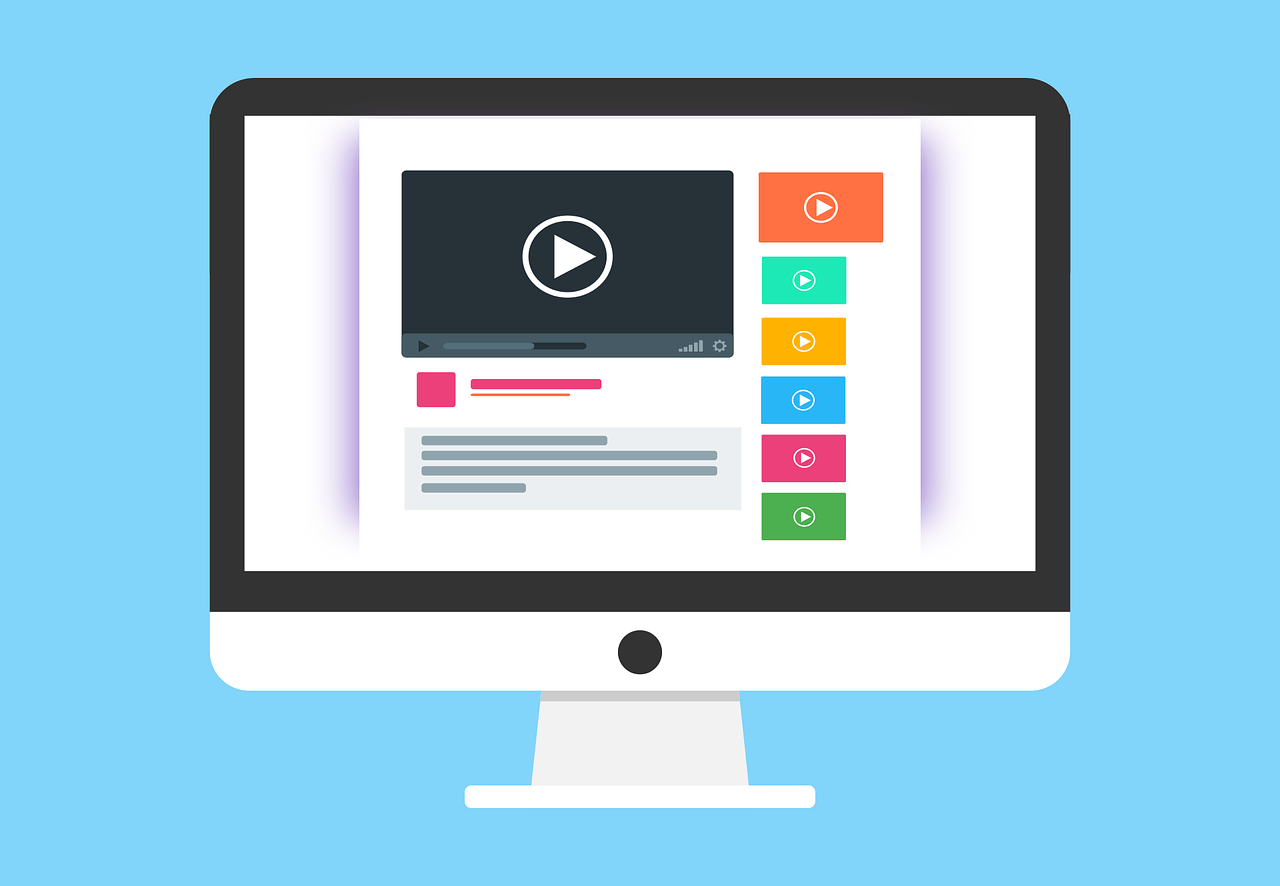


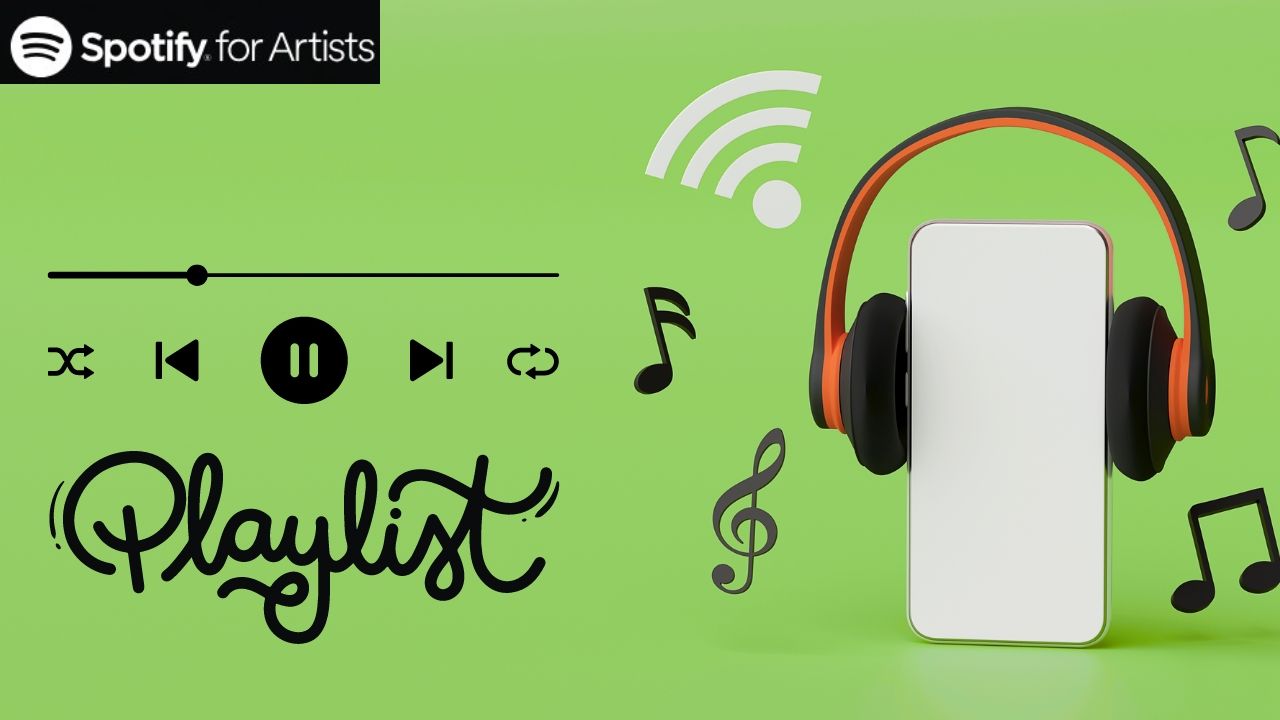

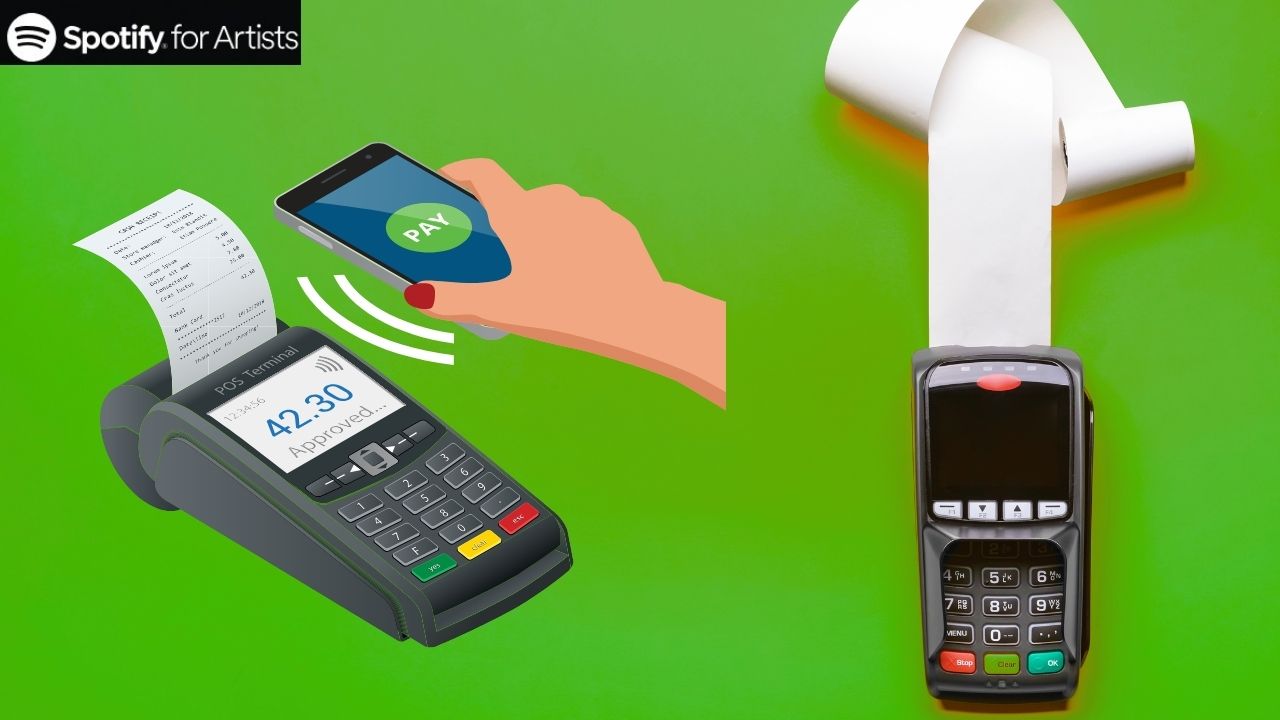

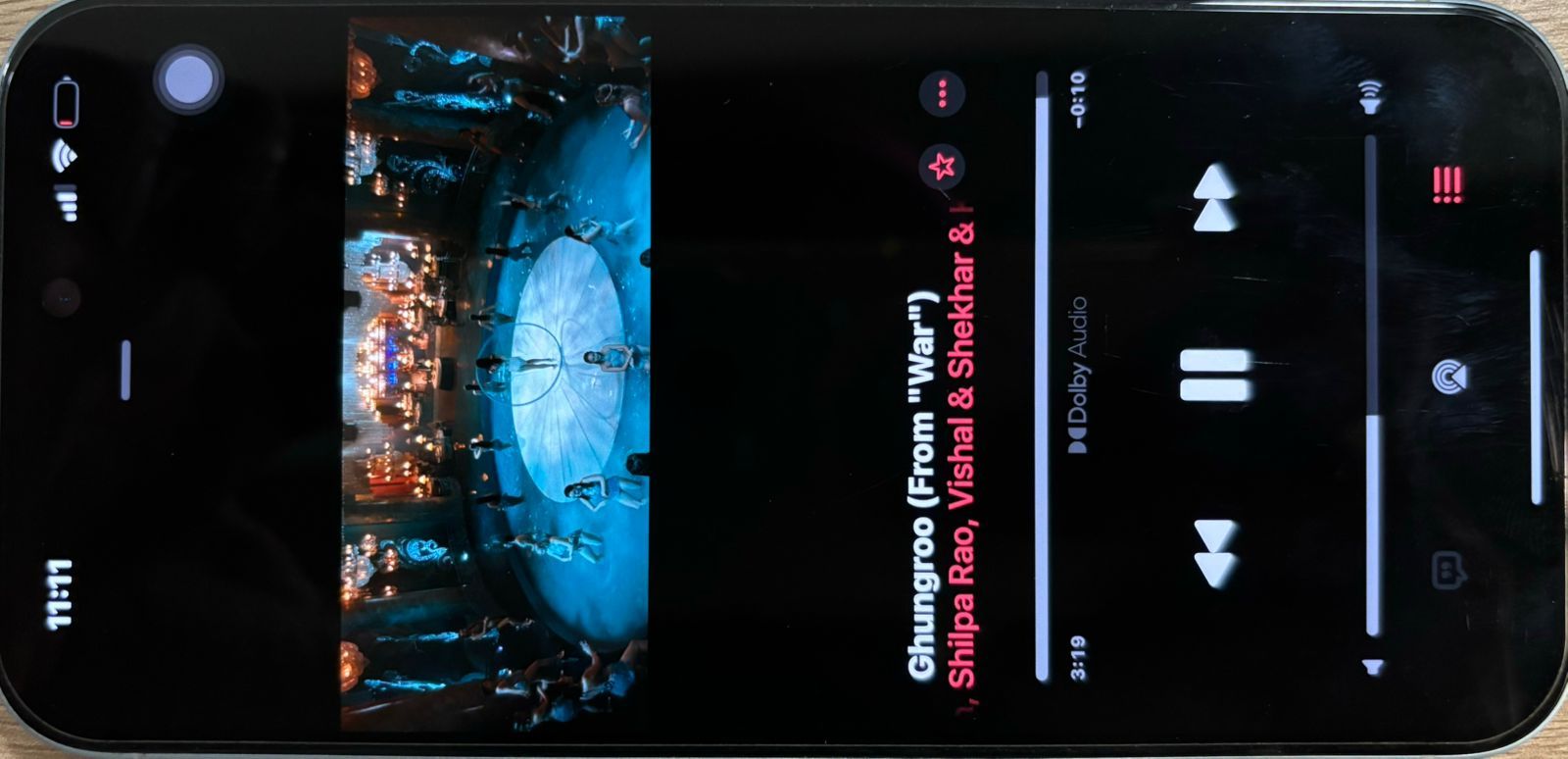

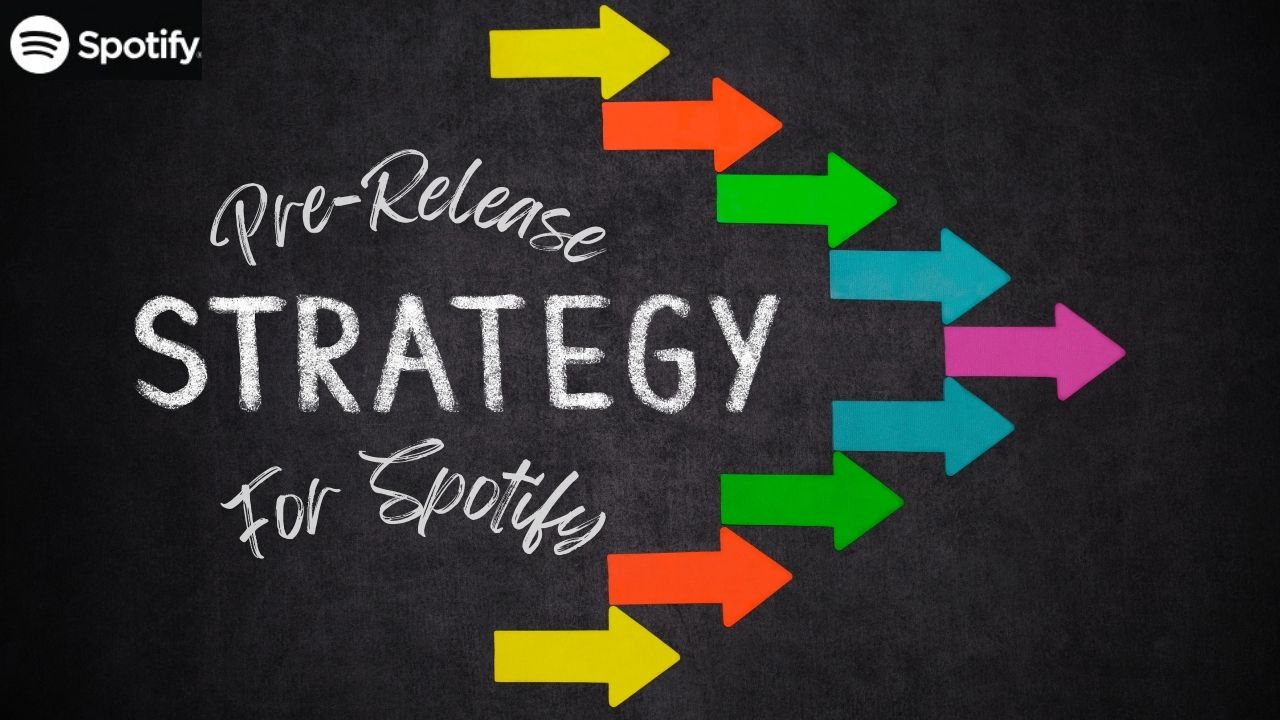


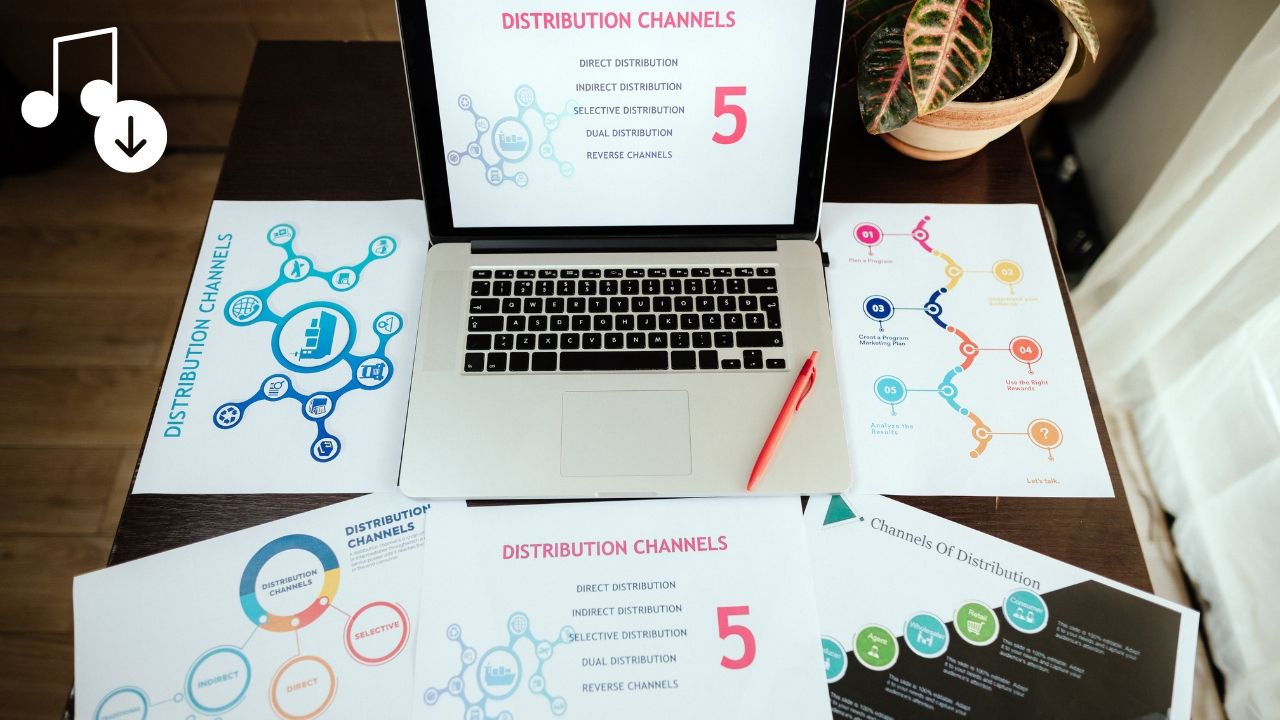

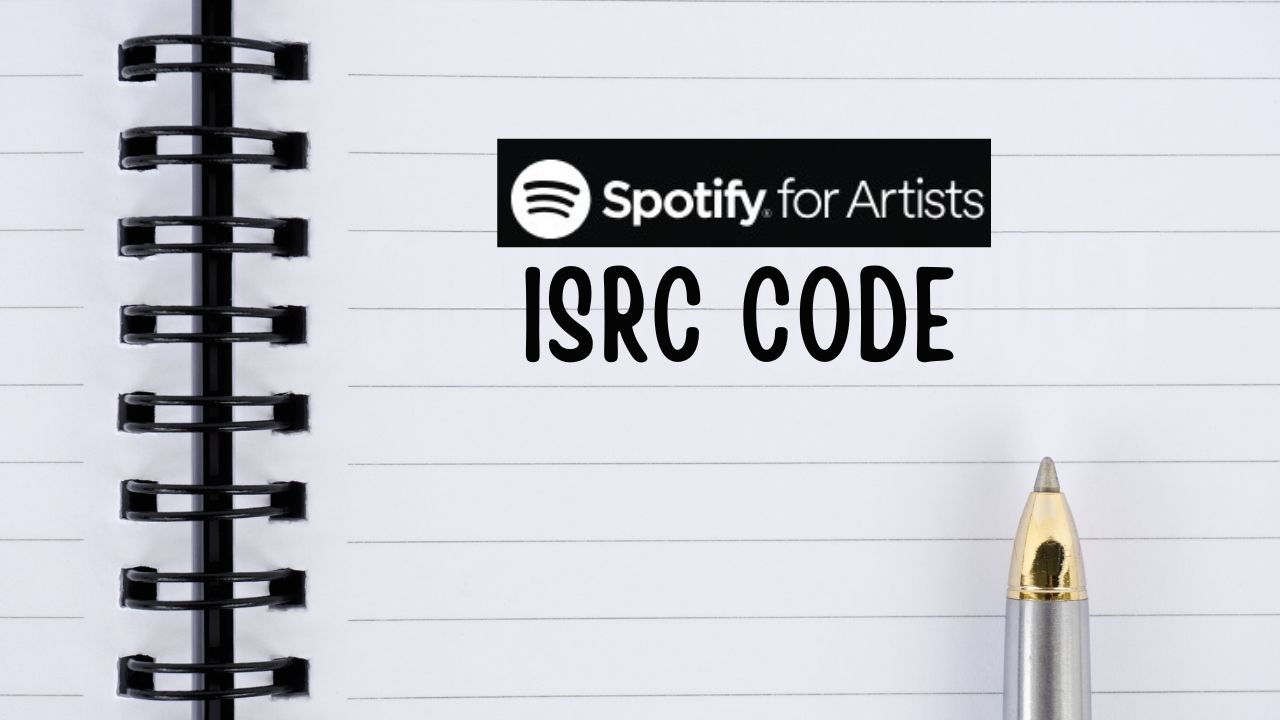
Leave a Reply